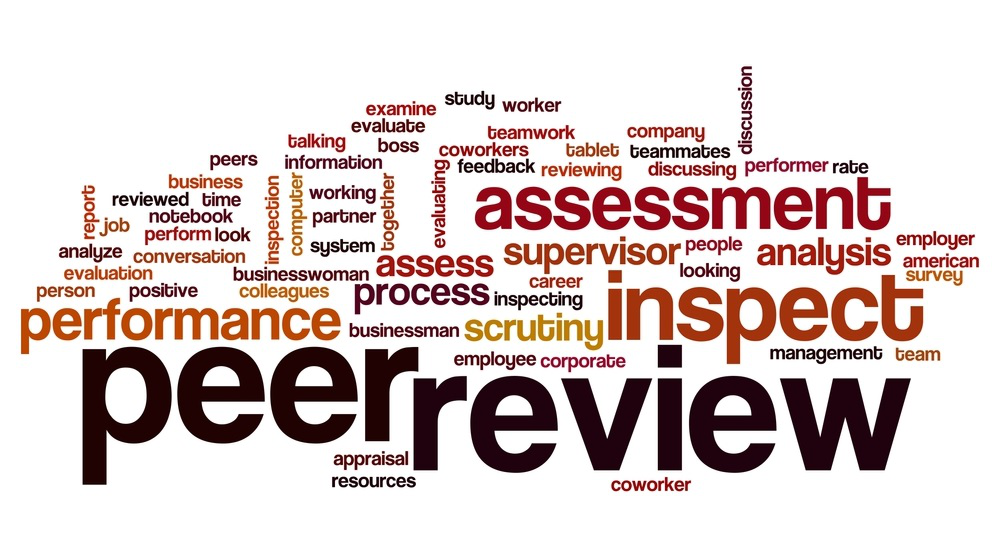AI-Driven Bayesian Optimization Framework for Nanobody Screening: Reducing Experimental Failures in ELISA-Based Detection Systems
DOI:
https://doi.org/10.69987/JACS.2023.30604Keywords:
Bayesian optimization, nanobody screening, ELISA optimization, experimental design automationAbstract
This paper presents a novel AI-driven Bayesian optimization framework for nanobody screening that significantly reduces experimental failures in ELISA-based detection systems. Nanobody screening protocols traditionally suffer from high failure rates, resource inefficiency, and poor reproducibility due to complex parameter interdependencies. The proposed framework integrates Gaussian process surrogate models with dynamically adjusted acquisition functions to navigate high-dimensional parameter spaces efficiently. A comprehensive parameter space definition encompasses eight critical ELISA variables, including incubation conditions, reagent concentrations, and protocol timing. The framework employs a Matérn 5/2 kernel function with empirically determined hyperparameters to model the relationship between experimental parameters and detection performance. Validation across multiple target proteins demonstrates a 3.42× improvement in experimental efficiency compared to traditional grid search methods, with success rates increasing from a baseline of 27.3% to 78.3% for SARS-CoV-2 RBD detection. Statistical validation confirms these improvements with high effect sizes (d = 1.82) and statistical power (0.997). The framework achieved a 67.8% reduction in experimental costs while improving reproducibility scores from 0.85 to 0.91. Cross-laboratory validation confirms protocol transferability, addressing a critical challenge in biomedical research standardization. This approach establishes a foundation for more efficient and reliable nanobody development pipelines with broad implications for biomedical research optimization.










